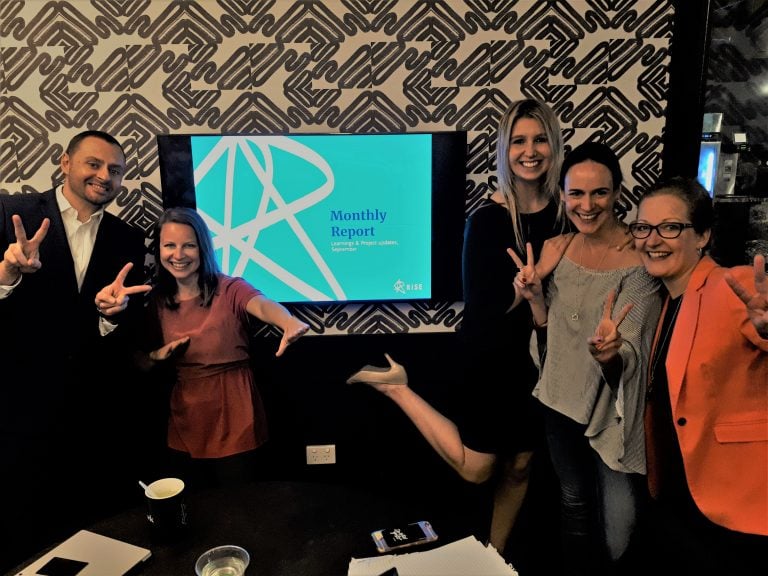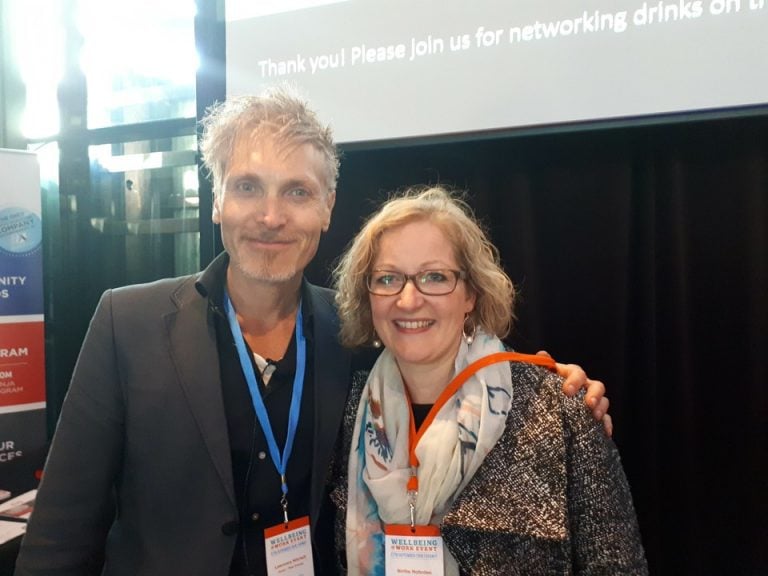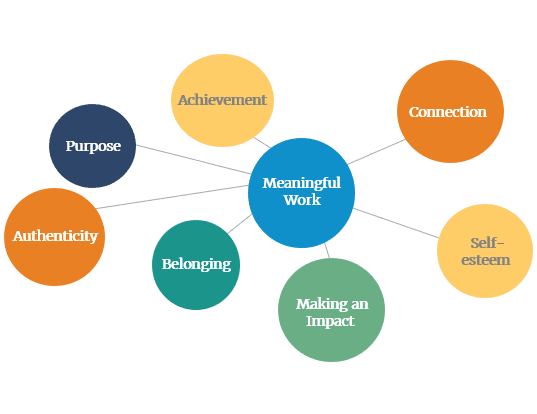Highlights of SXSW’18
From Elon Musk and his repeated warning about AI to Senator Bernie Sanders and Sadiq Khan (the Mayor of London) talking about the reasons for Trumpism/Brexit and fraying social fabric, one topic dominated the talks, panels, and evening beer conversations: the 4th Industrial revolution and its impact on how we live, how we work, and even what it means to be human. Within this context several areas opened up as the crucial leadership challenges of managing the future:
Managing Innovation
Advances in technology such as cloud computing, AI, and AR are already changing our world and soon quantum computing will impact it too. Despite Elon Musk putting his money where his mouth is and trying to build colonies on Mars to Escape the inevitable Terminator-style AI robots there were also much more positive predictions of our relationship with tech. Futurist Ray Kurzweil envisages a world where everyone has access to AI as a creative and productivity tool much like smart phones enable us today. Strangeworks founder Whurley predicts quantum computing will help us solve global warming and our other major challenges. One thing all are agreed upon is that the challenge of leading and managing rapid innovation is huge and the consensus answer is that building and encouraging a culture of innovation is key. Sandy Carter VP of Amazon Cloud Computing offered empathy for the user and speed of decision-making as two core innovation super-powers. An ecosystem of collaboration is the third and this is even more linked to culture. How your organisation encourages innovation and integrates it into culture is increasingly paramount.
Diversity and inclusion
Female founders are 40% less likely to get funding but are 15% more profitable than men. Wow. Coming in the wake of #metoo it wasn’t a surprise that female participation in the future of work received some serious airplay. Melinda Gates argued powerfully for a future that starts now and demanded equal participation for women in senior roles and boards. Not only it is the right thing to do, it also changes the dynamic around the decision-making table. More diversity is good for business. Christine Anampour, Chief International Correspondent for CNN was even more direct about how to make it happen: “Women will never be able to enjoy full satisfaction in the bedroom or the boardroom unless men are on our side and liberated to enjoy relationships with us.” As a male leader I learned that it is not enough to be on the side of feminism, our role is encourage all other men to be sympathetic to women too and help create the environments for everyone to thrive.
Doing good
For anyone who has hired a millennial recently you will have probably worked out that “making a difference” is very high on their list of criteria when choosing a company to work for. They have been born into a world where their legacy is a warming planet and they’ve discovered that their grandparents burned all the oil and ate all of their fish! Repeated talks and panels at SXSW confirmed that it’s not cool enough any more to talk about the odd pro-bono case or charity sponsorship event. Young people want a real mission statement that has doing good at its core and they want to directly contribute to a better world. Businesses that are not on board with this will become the new tobacco companies for employees.
Conclusion
Cyber-punk writer, Bruce Sterling, described perfectly the dilemma that technological advancement brings in his trademark annual talk/rant, “Engineers can solve the future but they can’t understand it”. The job of shaping the future is up to all of us and the speakers at SXSW offered a repeated mantra: Our human challenge is to work out what we can offer the world and set about doing that to make it a better place. That is our real leadership challenge for managing the future.






